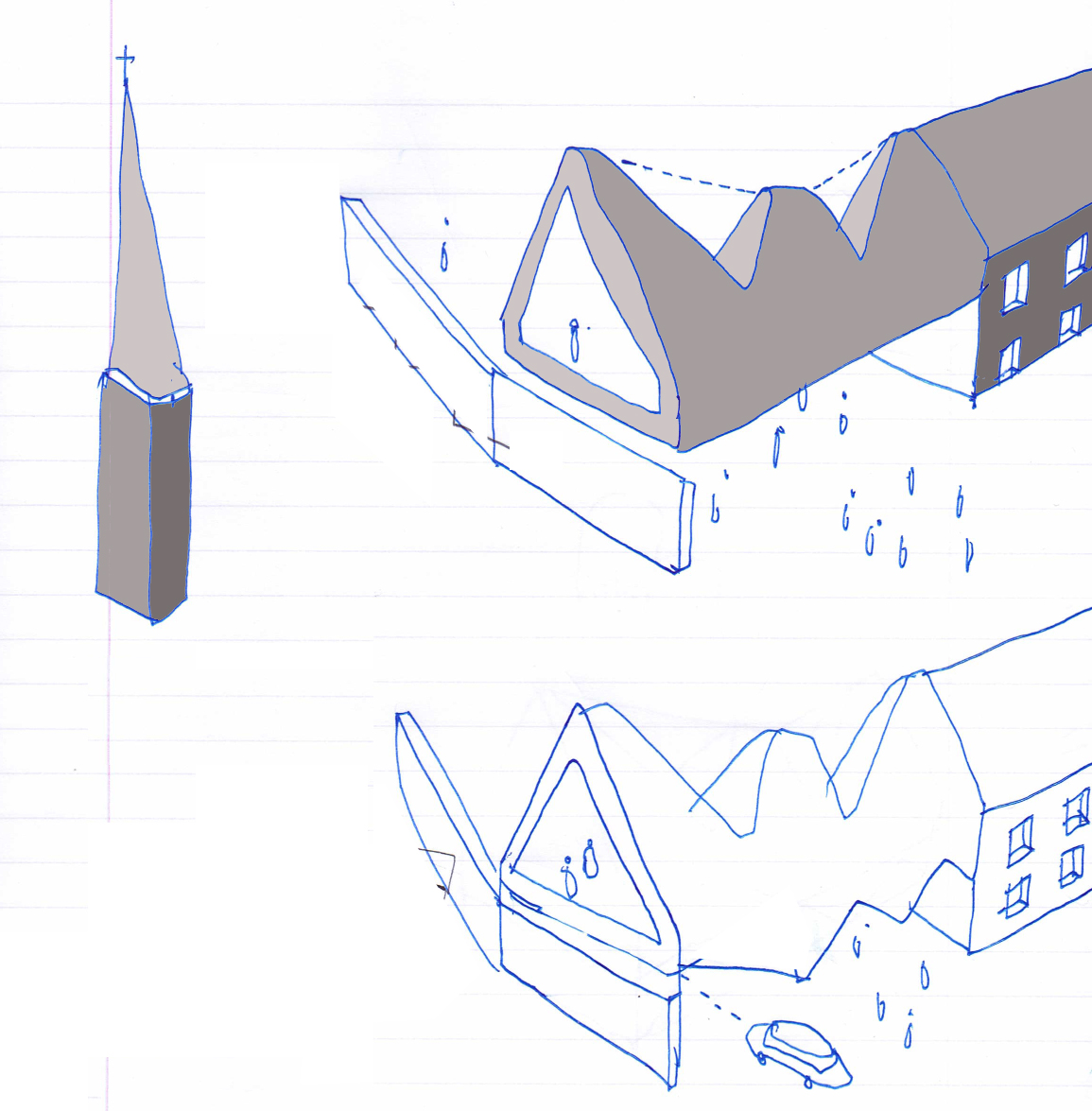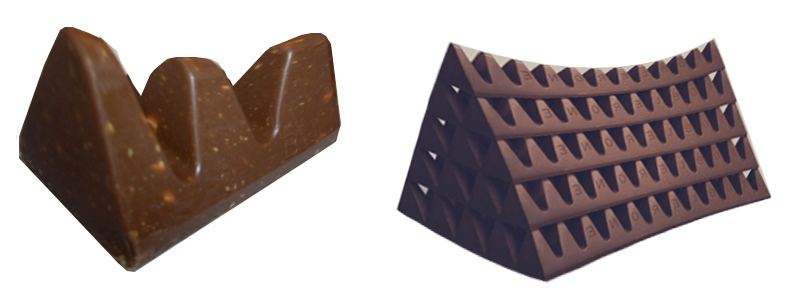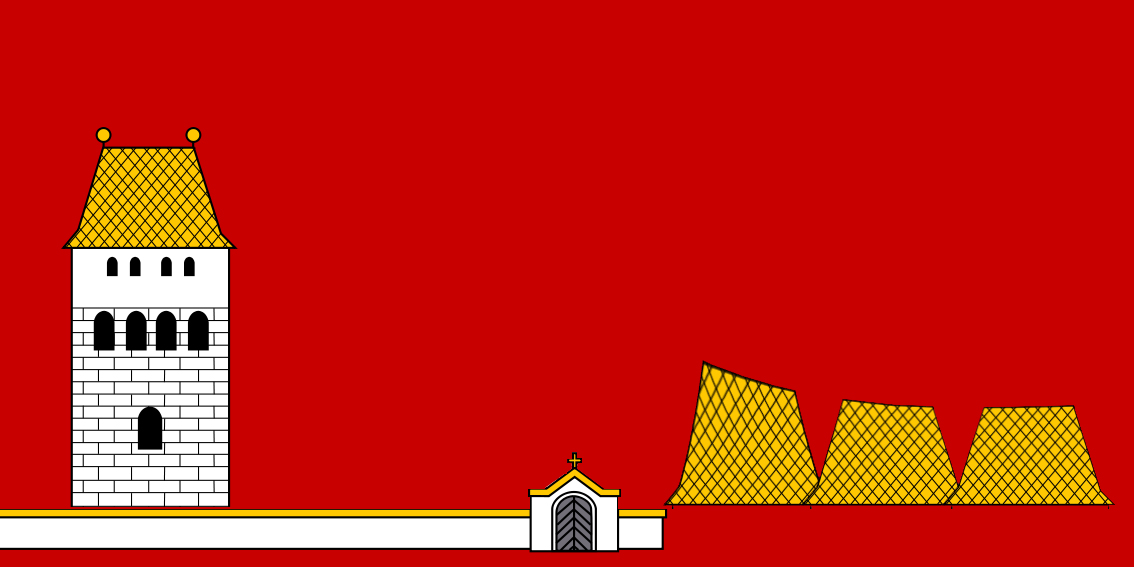072hin_GENERATION XX-XY
If sex determination in humans is by chromosome (XX-XY), then how is sex determined in maori architecture? This question is more likely: who decides which ancestor a Maori meeting house is named after? 


2xxbel_BEL/GRADE = BEAUTIFUL RESULT
Site researching.
We all recognise that you don’t need to engage in architecting by visiting the site. Heck, Google Maps can do that more immediately, no Visa or visas required. So Googling ‘WHAT_Belgrade Architecture’ we got this beautiful result: Nothing Against Serbia. And then this:
After WW II Belgrade was a experimental ground for modern architecture. which I particularly like is untypically in a rather rural place called Karaburma, a district of eastern Belgrade. It’s a residential tower and it was designed
by architect Rista Sekerinski in 1963. The building is also called “Toblerone-Building” (as the famous swiss chocolate).
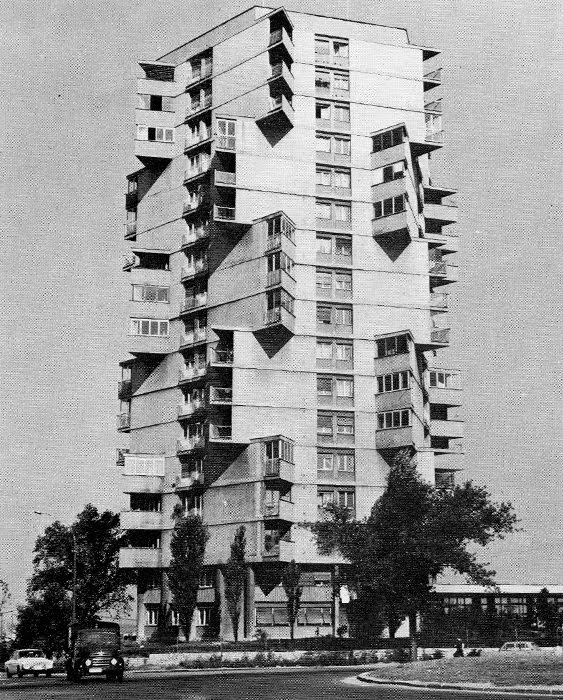


23xbel_WEDDING BELS
Website = portfolio. Blog = process. Facebook = people? Okay… accelerate personal relations into Wedding Bels. The next WHAT_project 23xbel_ is a shift from Belgium to Belgrade.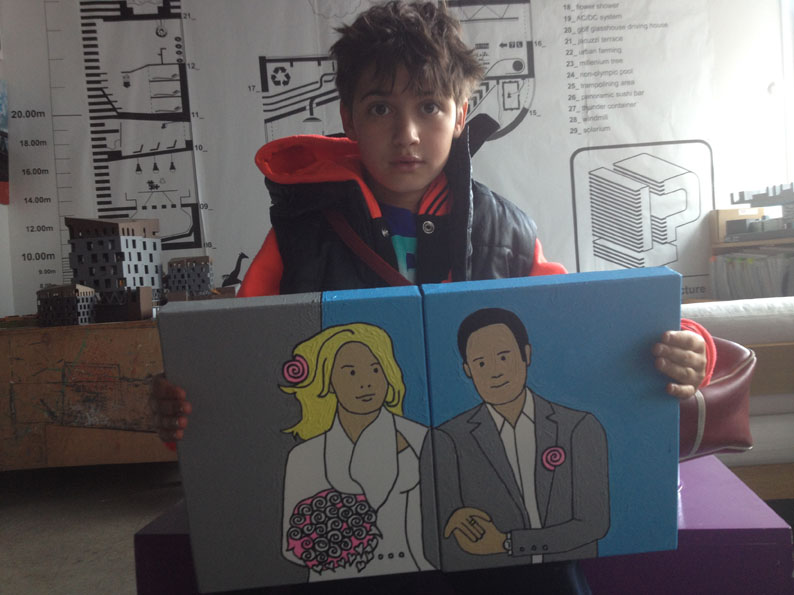


179prs_ARCHITECT AS PLAYER
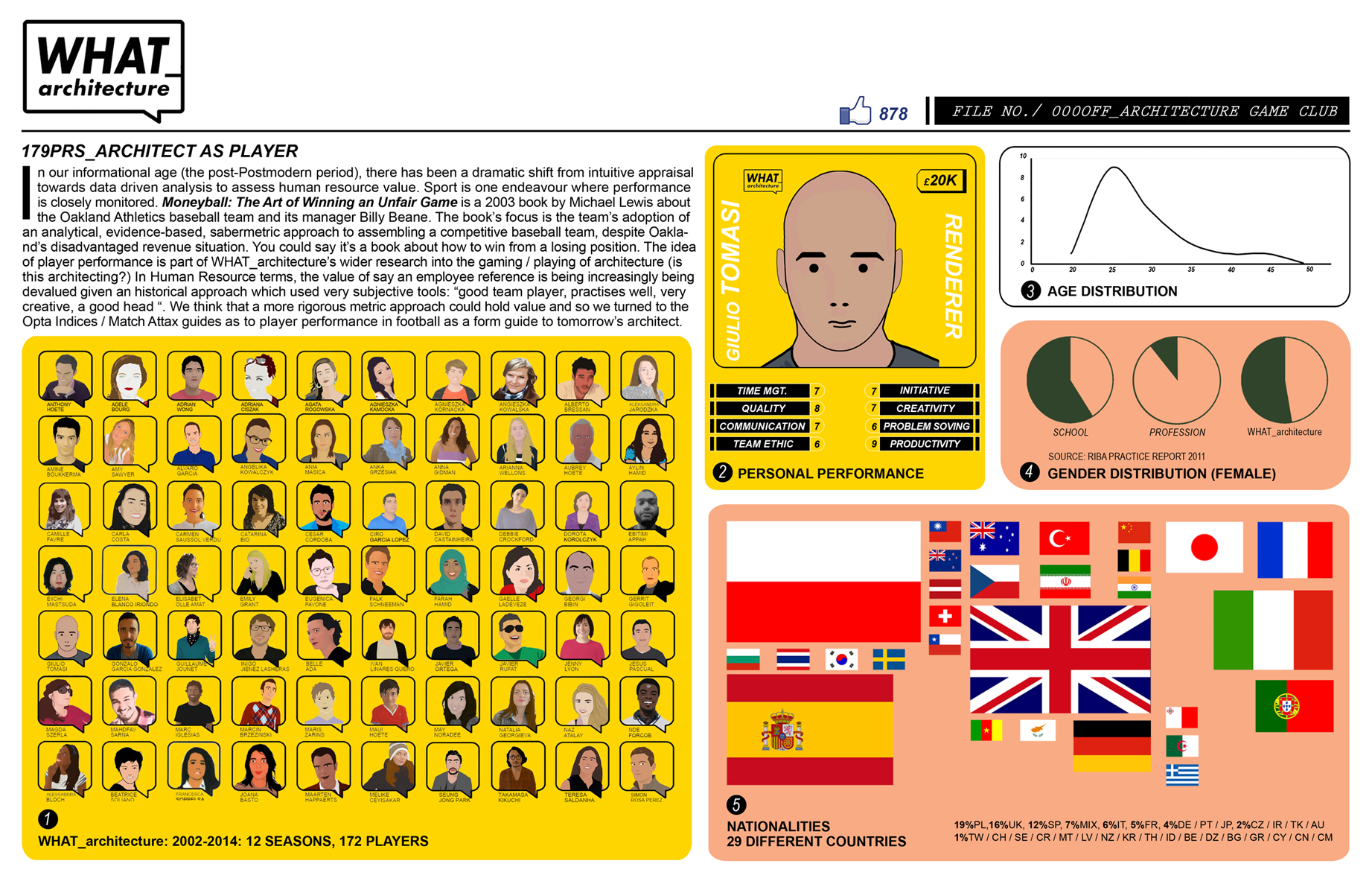 TBC: Client as player, architect as spectator. We accept that good architecture requires good clients. So what are the performance criteria for clients? Ambition? Decisive decision making or dawdling (possession or execution)? Framework agreements? Portfolio vs workability? Handshakers vs goalscorers? Big budgets? PQQ vs IQ? Introduce Agnieszka Londynska (CV, optimised performance)
TBC: Client as player, architect as spectator. We accept that good architecture requires good clients. So what are the performance criteria for clients? Ambition? Decisive decision making or dawdling (possession or execution)? Framework agreements? Portfolio vs workability? Handshakers vs goalscorers? Big budgets? PQQ vs IQ? Introduce Agnieszka Londynska (CV, optimised performance)
179prs_Architect as player performance
This Sunday we were happy that as a sign-of-our-times, player performance was reported by The Observer in ‘Maths of the Day’: how geeks took over football aka how date captured football: link here.
In our informational age (say the past 20 years or so), there has been a dramatic shift from intuitive appraisal towards data driven analysis to assess human resource value. Sport is one endeavour where performance is closely monitored. Moneyball: The Art of Winning an Unfair Game is a 2003 book by Michael Lewis about the Oakland Athletics baseball team and its manager Billy Beane. The book’s focus is the team’s adoption of an analytical, evidence-based, sabermetric approach to assembling a competitive baseball team, despite Oakland’s disadvantaged revenue situation. You could say it’s about how to win from a losing position. This idea is central to WHAT_architecture’s research into ‘architect as player’ performance. In Human Resource terms, the value of an employee reference is being increasingly being devalued given the historical approach which uses very subjective tools: “good team player, practises well, very creative, a good head “. We think that a more studious metric approach could hold value and so we turned to the Opta Indices / Match Attax guides as to player performance in football as a form guide to 2moro’s architect.
TBC: fake cvs / architectural awards culture / starchitecture / FB Likes / KPI: the pass as an email / levels of communication / Is the Goal a Building? / As our ‘output’ is only 5% buildings, what is the other output? / WHAT_Architecture is building Human Resources.
The PRS Research will be presented as a book of two halves: reading left to right ‘What is the Game of Architecture?’ vs reading right to left ‘Play the Game of Architecture!” Think vs Do!? ! vs ?
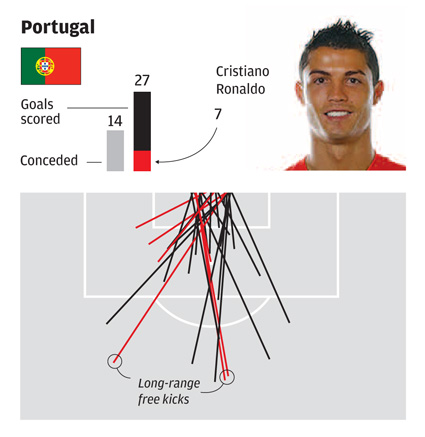
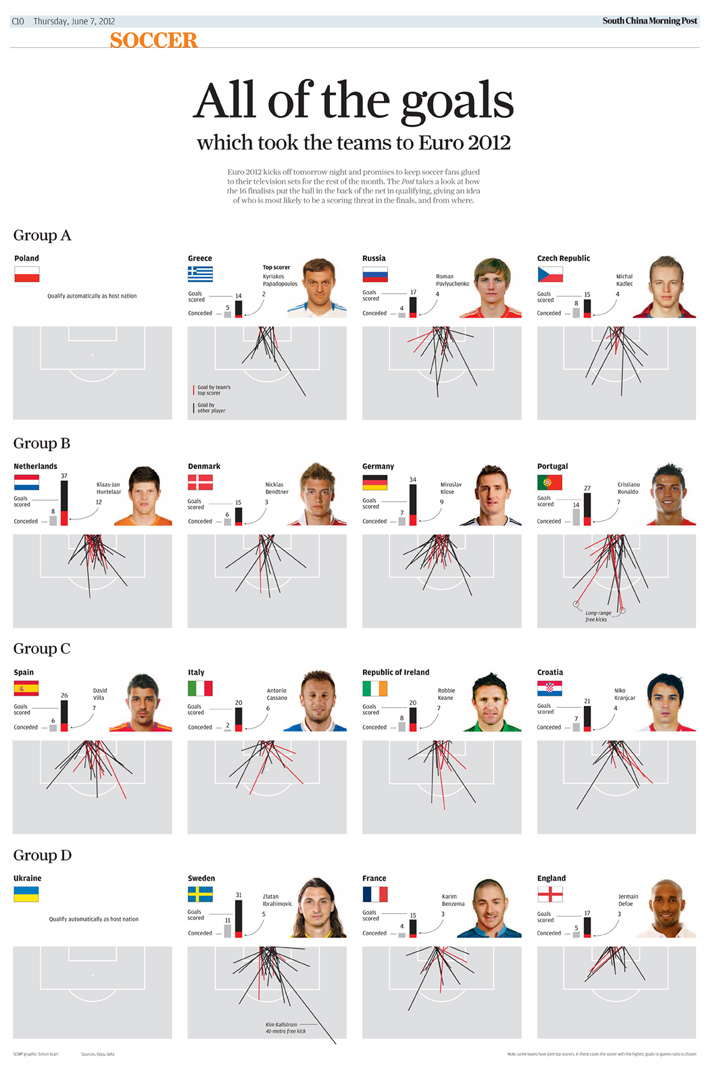





048per_WEATHERBOARD UPDATE
The world’s first 100% weatherboard house – yes, that includes a weatherboard roof – is currently being clad in Auckland… whilst the architect sits seemingly chillaxed here in London. In a world of tech-heavy, brain dead CAD systems, this is BIM-lite: a Skype-SketchUp 8-bit architecture without resolution. And if we seem chillaxed, LOL, it is purely because every detail +/- 1% has been drawn into existence whether in 2d, 3d, 1d or 4d. At Stage K for Konstruction this means: Draw more, Talk less. Tolerance is everything.
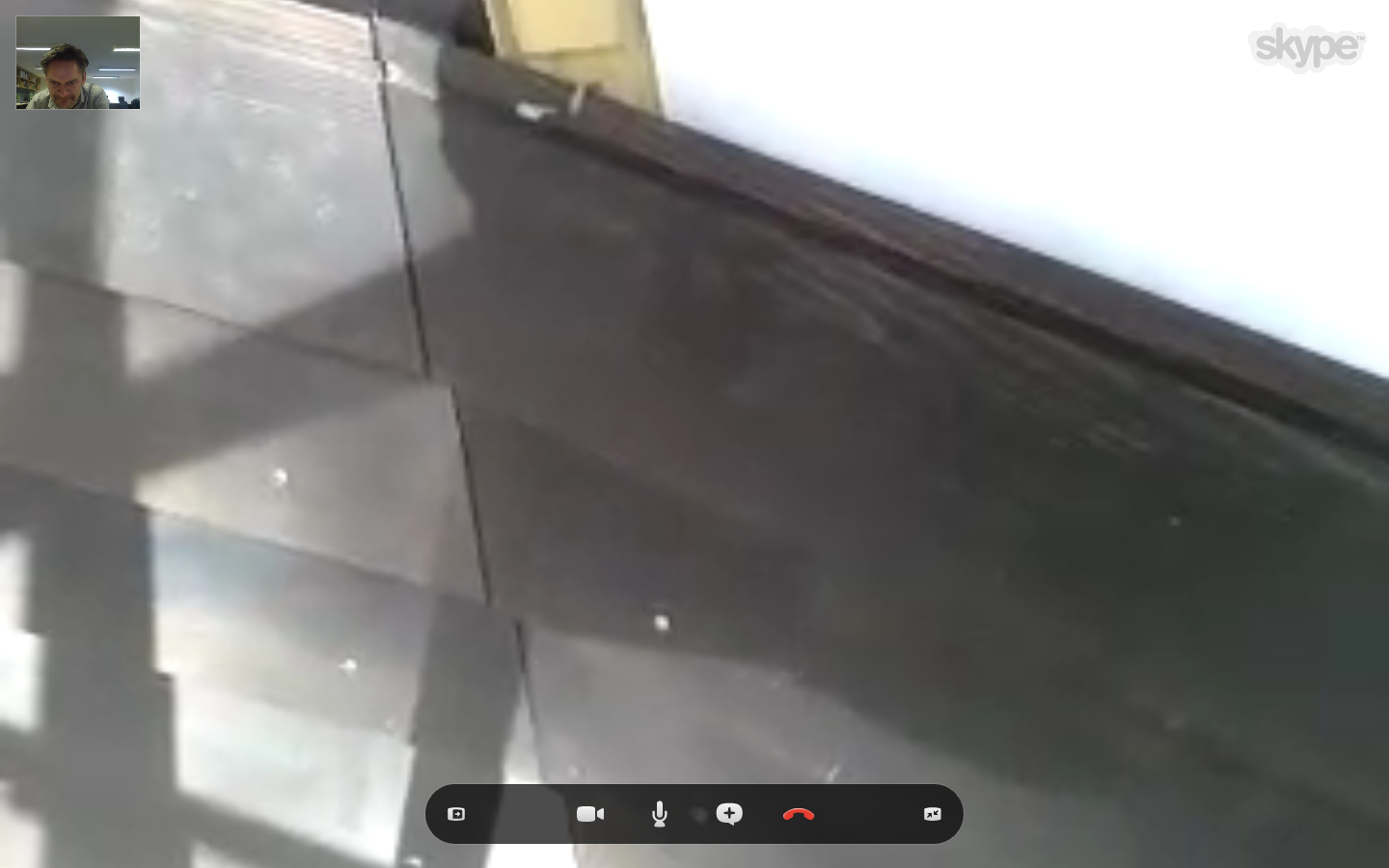
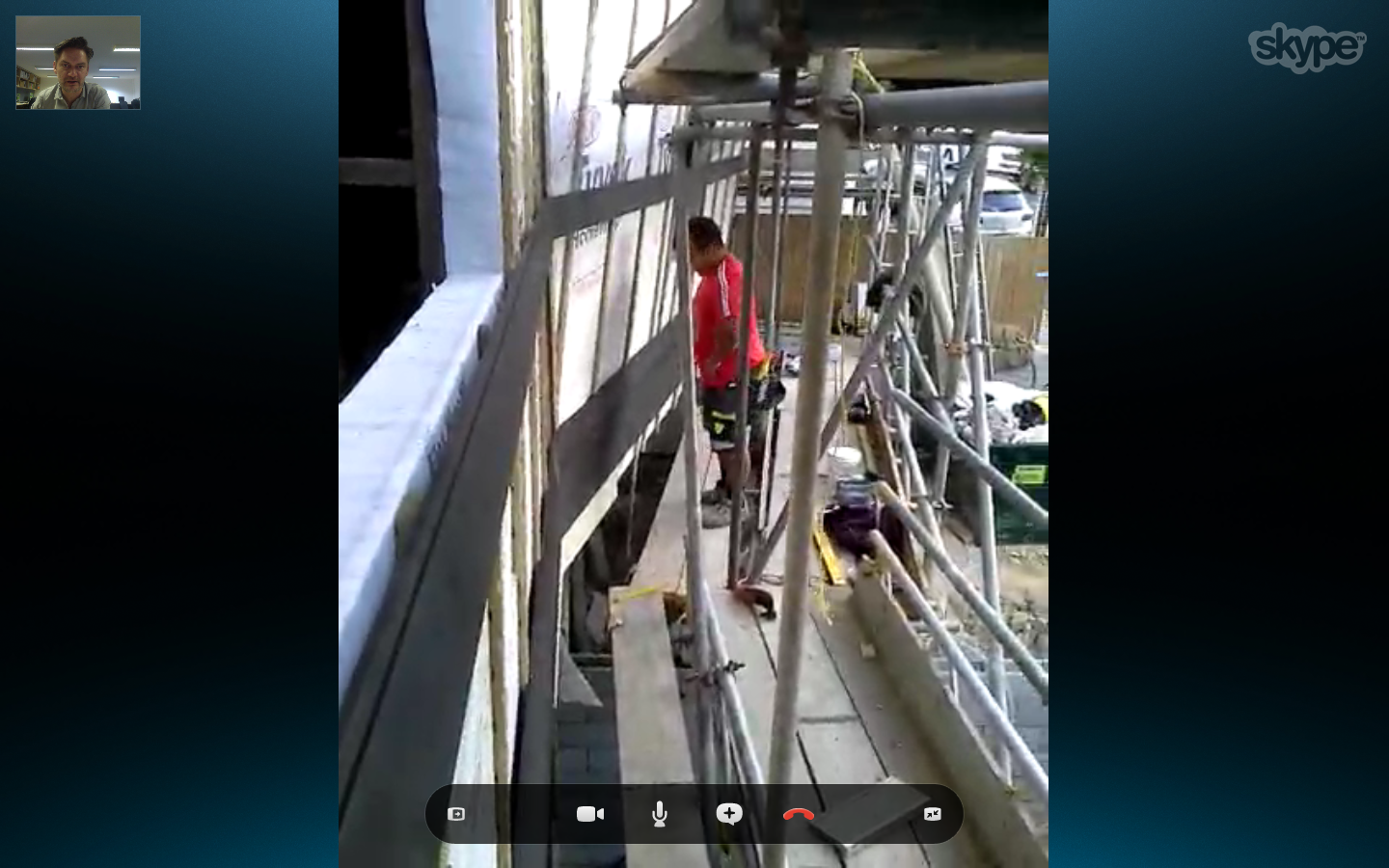



229bat_LN-CC
The Late Night Chameleon Club (LN-CC) in Dalston is a shop without a street window, has no shop assistants, is open only by appointment and has no street presence in that it is reached down an alleyway. A shop unlike any other. Very Dalston.



